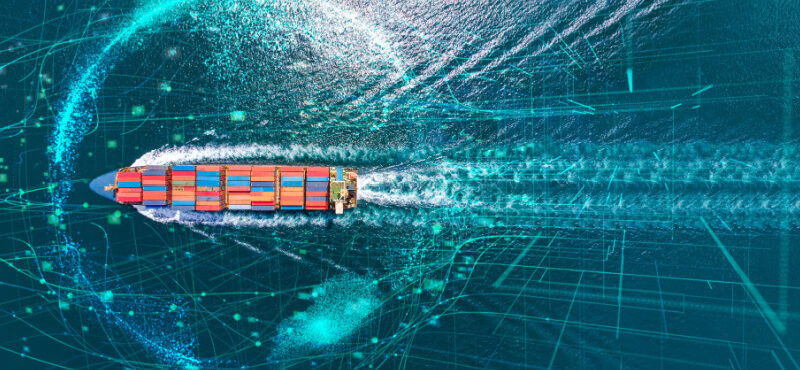Whether it’s ensuring the safety of crew and passengers, coordinating navigation, or transmitting important information, effective communication is critical in the maritime industry. Mariners and ship operators must be well-trained in using communication equipment and following established procedures and regulations to ensure the safety of their vessels and the protection of the marine environment.
To get a better understanding of what tools and technology are best for your vessel, it is crucial to consider the type of vessel, the area of operation, regulatory requirements, and your specific communication needs. In this comprehensive guide, we will cover various aspects of maritime communication, including its importance, key tools and technologies, regulations, and best practices.
Importance of Marine Communication
- Weather and Environmental Updates: Weather and environmental conditions can change rapidly at sea. Timely communication of weather forecasts and updates enables ships to make informed decisions about their routes, speed adjustments, and cargo handling to avoid adverse conditions.
- Emergency Response: In the event of emergencies, such as distress situations, fires, or medical emergencies, reliable communication is crucial. Maritime communication systems facilitate distress calls, allowing nearby vessels or rescue services to respond quickly and effectively.
- Port Operations: Communication between ships and port authorities is essential for coordinating the arrival and departure of vessels. This includes scheduling berthing times, cargo handling, and customs procedures. Efficient communication contributes to the smooth operation of ports and reduces delays.
- Search and Rescue Operations: Effective communication is vital in coordinating search and rescue efforts. When a vessel or individual is in distress, maritime communication systems help authorities pinpoint the location and dispatch rescue teams promptly.
- Commercial Operations: Efficient communication is essential for commercial shipping operations. It facilitates the exchange of cargo-related information, such as orders, invoices, bills of lading, and customs documentation, which is necessary for international trade.
Best Solutions for Effective Communication at Sea
- Very High Frequency (VHF) Radios
VHF radios are the backbone of marine communication. They provide line-of-sight communication and are used for ship-to-ship and ship-to-shore communication, distress calls, and coordination with harbor authorities. They are relatively low-cost and offer reliable short-range communication.
- High-Frequency (HF) Radios
HF radios provide long-range communication capabilities, allowing vessels to communicate over greater distances. They are especially valuable for ocean crossings and areas with limited VHF coverage. HF radios are crucial for emergency communication and can also be used for weather updates and coordination.
- Satellite Communication
Satellite communication systems, such as Inmarsat and Iridium, provide global coverage, making them essential for long-distance and remote maritime operations. They are used for voice, data, and internet communication, as well as for tracking and monitoring vessels. Satellite phones, broadband terminals, and distress alert devices are common satellite communication tools.
- 2-Way Radios
Two-way radios, often referred to as handheld VHF radios, are essential communication devices for marine use. They are commonly used for ship-to-ship and ship-to-shore communication and are a vital component of safety and navigation in the maritime industry. Marine VHF radios typically operate in the VHF frequency range of 156-174 MHz. For vessels that need to communicate over longer distances, you can use range extenders or repeater stations to increase the effective range of your VHF radios.
- EPIRBs (Emergency Position Indicating Radio Beacons)
These are used by vessels, including ships, boats, and yachts, to indicate distress at sea. Maritime EPIRBs are essential for alerting search and rescue organizations about vessel emergencies such as sinking, fire, or other life-threatening situations.
From A to Z Marine Communication Consultants
At Highland Wireless, we provide a range of technologies and equipment designed to meet the specific needs of vessels and the type of communication required. Our marine communication division can help you pick the correct equipment while keeping your budget and timeline in mind. From delivery to installation, optimization, crew training, and continued maintenance, we do it all. Contact us today to get started!

